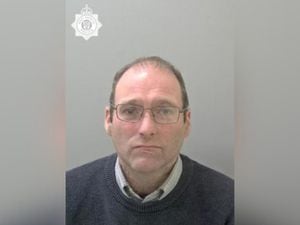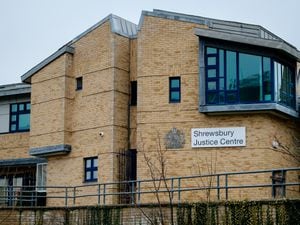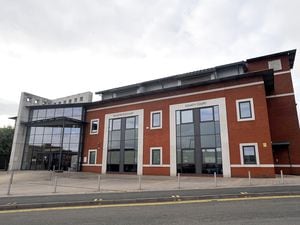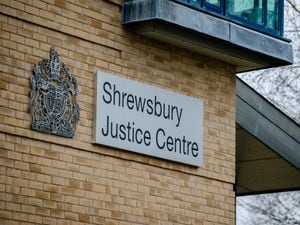Solicitor welcomes Shropshire courts video link idea
The prospect of video technology being used for Shropshire remand hearings has been given a cautious welcome from a prominent solicitor.

Stephen Scully, a solicitor with Lanyon Bowdler, has campaigned for the decision to switch remand hearings from Telford to Kidderminster Magistrates Court to be reversed.
Yesterday the county's crime commissioner, John Campion, revealed that the courts service had confirmed it would consider whether video links could be used to avoid transporting defendants to Kidderminster for the hearings.
Under the current system, which changed earlier this year, defendants involved in remand hearings are taken to Kidderminster every morning on a bus.
The system has attracted significant controversy, with local solicitors campaigning for a rethink.
MORE:
Mr Scully said that using video links would save money for the court service and the tax payer.
He said: "At the moment the police are being inconvenienced, we are being inconvenienced, court staff are being inconvenienced. There are video facilities at the court and our view is they need to be used because they have been put in at considerable expense to the tax payer and we should be making the most of them.
"This would save the tax payer a lot of money."
Mr Scully said solicitors would welcome the use of video links, and said he hoped the move would go ahead.
He said: "We were disappointed they decided not to take any action but the fact they are now looking at whether the video link could be an alternative we would welcome with cautious optimism."
Yesterday Mr Campion confirmed he met Deputy Justices Clerk Jonathan Price from HM Courts and Tribunals Service, who confirmed the centralised hearings would continue, but that the service was willing to consider looking into the use of technology as a means of reducing its impact.
He said: “It is disappointing that the courts service will continue with centralised remand hearings. Our communities rightfully expect to be able to access justice locally. This change removes that access for many people.
"This meeting was about making sure that point was clear to the courts service, and that voices from our communities were heard.
“I am encouraged that they are willing to consider the use of video technology. However, any potential solution needs to fix problems for our communities and police force, rather than just create new ones.
"Video technology would still require the commitment of significant time and resource.
"That commitment cannot come exclusively from the police. All parties involved need to play their part. I will work with our police, the courts and other partners to see what can be delivered.”





